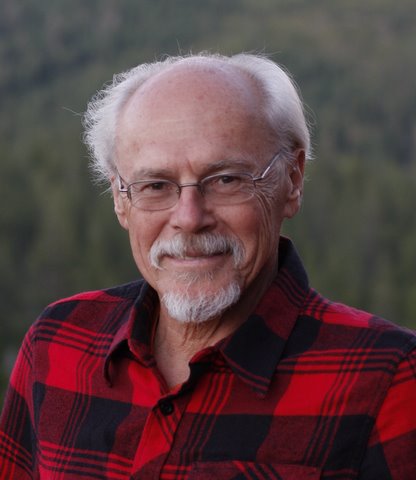Date: 2010-07-31 Time: 07:00 - 09:45 US/Pacific (1 decade 4 years ago)
America/Los Angeles: 2010-07-31 07:00 (DST)
America/New York: 2010-07-31 10:00 (DST)
America/Sao Paulo: 2010-07-31 11:00
Europe/London: 2010-07-31 14:00
Asia/Colombo: 2010-07-31 19:30
Australia/Sydney: 2010-08-01 01:00 (DST)
Where: Online Video Conference
This video conference used DimDim, now a private company.
The meeting can be replayed by clicking this link:
watch the meeting recording
Description
I will present many of the details contained in my book, ?The Ten Assumptions of Science,? (TTAOS) which is the philosophical foundation of ?The Scientific Worldview: Beyond Newton and Einstein? (TSW). In the next few decades we are about to experience the scientific revolution that Kuhn warned us about. By adopting its replacement, Infinite Universe Theory, we will be completing the program that Copernicus only began. A paradigm shift of this magnitude requires an examination of the fundamental assumptions that led to the absurdities of the Big Bang Theory (BBT) and the paradoxes of relativity. Many of you have contributed to the cause by pointing out the mathematical errors, incorrect assumptions, and data that clearly falsifies the BBT and its dependent theories of Special and General Relativity?to no avail. In this course I will show how the persistence of those theories is dependent on fundamental assumptions held by most folks, including many dissident physicists. Collingwood taught us that, if we are dissatisfied with any particular theory, we need to examine the presuppositions on which it is based. Once recognized, presuppositions become assumptions. Fundamental assumptions have two characteristics:
- they are never completely provable and
- they always have opposites. Nevertheless, they can be assumed, as if they were true.
Which of two fundamental assumptions should be assumed is a matter of much debate, the very essence of the perpetual philosophical struggle. Of course, I have chosen the scientific side, which I portray as determinism (There are material causes for all effects) instead of indeterminism (some effects may not have material causes [e.g., ?free will,? etc.]). To get the most out of this course you may want to read TTAOS, which also is Chapter 3 in TSW. A shortened form appears as ?Ten Assumptions of Science and the Demise of ?Cosmogony?? at http://scientificphilosophy.com/Downloads/TSWATDOC.pdf.



